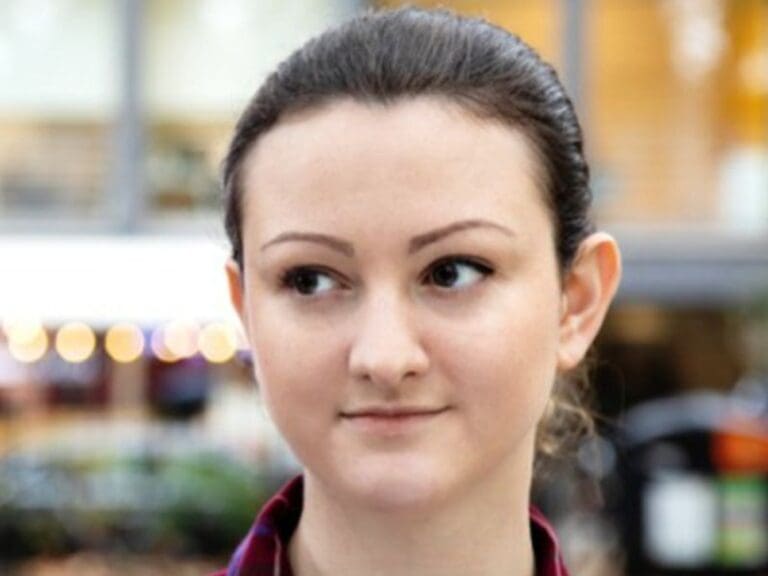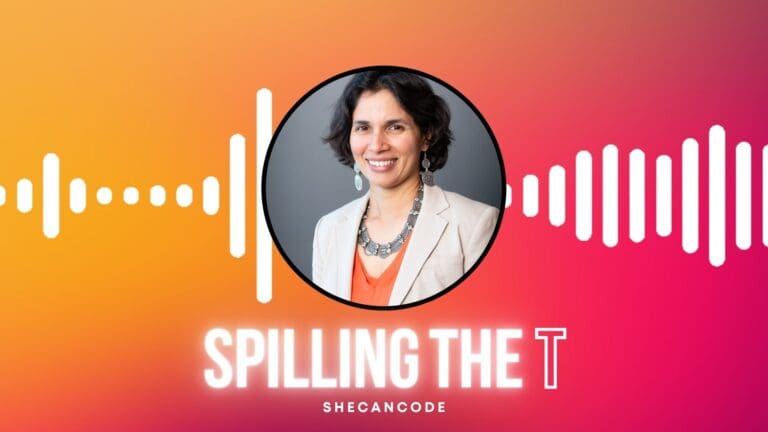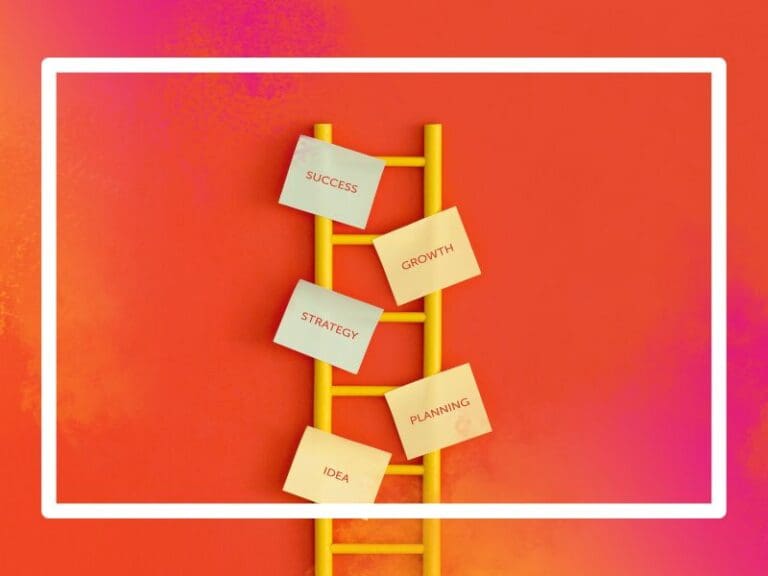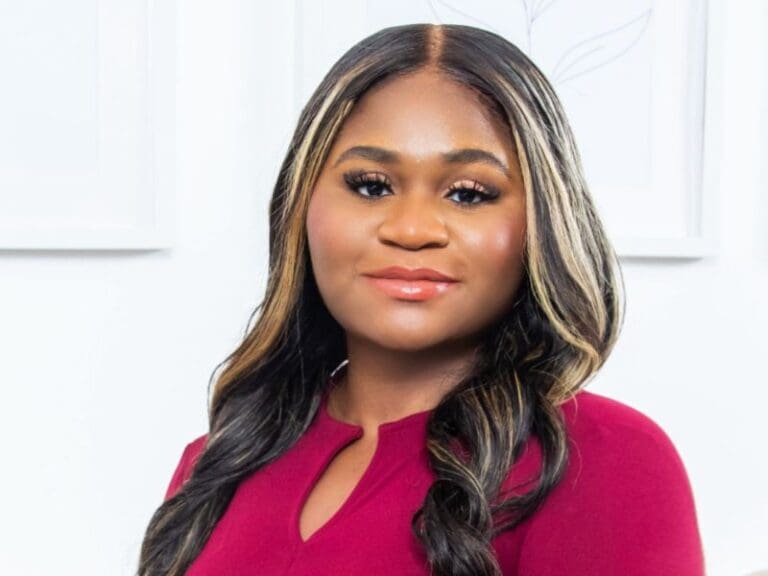During the 5 years, it took for me to complete my medical degree, I have had the privilege of gaining a glimpse of the whole life cycle. From assisting with birth deliveries to the humbling experience of talking to patients in their terminal stages I loved every step.
I had the chance to work with doctors, nurses, and occupational therapists who were dedicated to their profession of supporting patients through their journeys. The NHS is an institution I am incredibly proud of. Nonetheless, with the ever-growing demand for services in proportion to the limited resources, working for the NHS is no easy feat. During my training, I shadowed doctors who had worked endless hours without a sufficient break. They gave up their nights, weekends and sacrificed countless family events to provide the care that is needed. The burnout was evident.
My 5-year plan
After 5 years of medical school, I asked myself whether this is what I wanted to do for the next 5 years.
The truth is that, no, I didn’t.
This realisation came with a gut-wrenching sense of guilt and panic. The idea was always to work as a doctor, there was no plan B. I decided to breathe and give myself time. I was determined that whatever path I chose next, would be one that I could feel happy following.
Casting my net
And then the quest begins. I cast my net out as far as possible to see what opportunities I could reel in. This search continued for months on end as I applied to a variety of roles. In turn I received opportunities in areas such as HR, finance, and business analysis.
But I was seeking a clear goal before choosing to wholeheartedly commit to a role.
 During this time, the influence of one particular trend was inescapable – technology. Recent developments in a number of emerging technologies were starting to influence almost every industry sector from finance to art. However, the area which intrigued me the most was the influence that technology was starting to have in healthcare.
During this time, the influence of one particular trend was inescapable – technology. Recent developments in a number of emerging technologies were starting to influence almost every industry sector from finance to art. However, the area which intrigued me the most was the influence that technology was starting to have in healthcare.
I started to read how artificial intelligence (AI) could be used to assist diagnosis of brain tumors and detect diabetic retinopathy. Driven by curiosity, I browsed through countless articles and videos to learn more about what artificial intelligence is. Learning of its potential in healthcare and what this meant for doctors and their patients.
I began thinking about my past experience and all the ways in which machine learning (ML) could make processes more efficient. How could we overcome those barriers that exist when trying to implement new technology solutions?
I found my goal
After spending hours pondering these ideas, I realised that these were the solutions I wanted to find. I finally had a goal.
With this first hurdle out of the way, now came the next step of how can I start working towards this goal? I had no background in technology. But what I did have to offer is strong clinical knowledge and the transferable skills I had developed from working in the fast-paced, dynamic environment of the NHS. I thought that one of the best ways to get to grips with ML would be to gain hands-on experience. However, at this stage, I had no connections to anybody who worked in this field.
AI stood out
Of all the videos I had watched to learn about AI, one stood out to me in particular. A TEDx talk delivered by Rebecca Pope called How can AI help our NHS and should we be concerned? This talk gave a brilliant overview about AI, its potential to benefit patients and the ethical and legal implications which need to be addressed. What I found to be inspiring about this talk is the people-centred approach.
So, I decided to take my next step and reach out to Rebecca Pope via LinkedIn. I messaged her describing my medical background, my goal of learning how technology can be used to reduce the burden on the NHS and improve patient outcomes and, finally, ask her if there were any projects that I could assist in to gain more experience.
Rebecca Pope is the Head of Data Science and Engineering (DSE) at KPMG, one of the ‘big four’ public services firms. As a recently qualified graduate, reaching out directly to a senior professional in one of the most recognised firms can seem quite daunting, but I had to take the chance.
To my welcome surprise, she replied! She explained the possible opportunities I could pursue at KPMG and arranged to discuss my options over a phone call. Rebecca detailed her role in KPMG and discussed their involvement in healthcare. After finding out more about my interests and goals, she arranged for me to complete a 2-week internship with the data science team at KPMG! I was over the moon and couldn’t wait to get stuck in with the project.
London bound
I jumped on the train to London and made my way to the KPMG Canary Wharf office. I took a deep breath as I gazed up at the colossal tower. My stomach was a knot of nerves and excitement. I stepped inside, waiting for Rebecca. After talking to Rebecca, my nerves started to disappear. She took a genuine interest and was happy to have me on-board with the project.
She introduced me to the DSE team who outlined the project in further detail. Over the next 2 weeks I would be working with the team to create a ML tool using a natural language processing (NLP) algorithm. As the data included a considerable amount of medical terminology, I would be useful in ensuring the relevant data was grouped accordingly. This is a key part of creating any ML tool as the cardinal rule using data is ‘garbage in, garbage out’.
Machine Learning
During the span of these 2 weeks, I learnt an incredible amount about ML and different programming languages including some handy tips and tricks along with some of the challenges of working with these programs. When armed with a bunch of questions, the DSE team were always patient. They helped me to understand new concepts. In return, I was able to help translate what some of the complex medical terms actually meant.
This is what I found to be most exciting. The exchange of different knowledge and skills! Everybody in the DSE team was exceptionally verse in their technical ability. However, each individual also had a unique combination of skills and came from different backgrounds. Collaborating as a team and harnessing our individual skills and sharing ideas, meant creating a quality product.
As Rebecca knew that I was specifically interested in healthcare, she supported me by connecting with a number of exceptional people working in health tech. This included reaching out to Eleonora Harwich, Director of Research at Reform. The leading Westminster think tank for improving public service policy. Eleonora has produced one of the most comprehensive reports regarding AI in healthcare, brilliantly titled, Thinking on its own: AI in the NHS. She kindly took the time to discuss the mammoth list of queries I had about this topic.
NHS Leadership Academy
Rebecca also provided insight to KPMG’s work with the NHS Leadership Academy. I spoke to Adam Caldwell, one of the senior managers involved in the project about how KPMG. Alongside the NHS Leadership Academy and others co-created the mid- and senior-level programmes to assist NHS staff further develop their existing leadership abilities. He related how the programmes were created with extensive collaboration with world-renowned academic institutions. Adam highlighted how these bespoke, blended learning programmes are continually reviewed to ensure that they provide the most up-to-date content according to evolving NHS needs.
Blockchain
The DSE team also arranged for me to meet with Anton Hristoff. He is such a knowledgeable source for all things blockchain-related as well as blockchain technology in healthcare. As KPMG is such a vast enterprise, chances are that somebody, somewhere will be working in an area related to your interests, so networking is key!
 I had a top-notch experience working with KPMG. An aspect I truly valued about working at the company, is that no matter the level of seniority, everyone I met has been approachable and willing to help. I discussed ideas with professionals ranging from recent graduates to senior managers. All who take the time to support you and learn about your individual aspirations. There is a real sense of comradery at KPMG. Colleagues and managers give you a hand in finding the opportunities which encourage your personal development.
I had a top-notch experience working with KPMG. An aspect I truly valued about working at the company, is that no matter the level of seniority, everyone I met has been approachable and willing to help. I discussed ideas with professionals ranging from recent graduates to senior managers. All who take the time to support you and learn about your individual aspirations. There is a real sense of comradery at KPMG. Colleagues and managers give you a hand in finding the opportunities which encourage your personal development.
So as an individual, I think it is important to make your voice heard. Lean in, and take the time to connect with people to learn from their experiences. The world is truly your oyster (no apologies for the cliché!)
What I learned
My experience with KPMG has reinforced my pursuit of understanding how technology can be used to reduce the burden on the NHS as well more importantly, improve the quality of patient care. It’s astounding to think how far technology has come over the past few years. 90% of the world’s data has been generated over the last 2 years (in comparison to all of human history) – that is mind-boggling!
If we can harness the potential that technology has to reduce the administrative toll for all NHS staff. Assist diagnosis of conditions and give patients more power and say in how best to manage their health, then it is an area well worth committing to. This isn’t to say that there aren’t challenges in implementing these technological solutions. There is still a need to consider a number of factors such as the interoperability of NHS data. What are the solutions we can make scalable, and what is the ethico-legal implications of data use?
In my opinion, the good thing is that more and more people are becoming involved. Inquisitive minds from all different professions and backgrounds are working together to try and solve these challenges. Technology will be a prominent player in shaping the future of healthcare – and it is a future I feel excited to be a part of.







